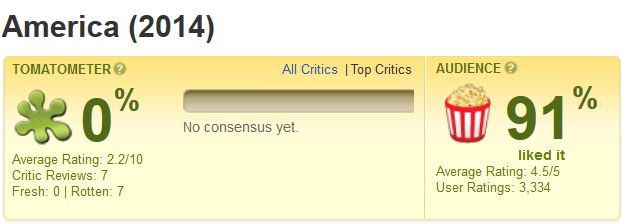
The purpose of the original Hollywood “Gatekeepers” was to make sure that the studios, the networks and even publishing houses, newspapers and magazines controlled the creative agenda.
Sometimes that was done to protect the financial or genre interests of a particular studio or network. Disney did family pictures. MGM was the only place for musicals, etc.
Sometimes their role was to protect a basic narrative, encouraging the creation of films that didn’t make too many waves. America was good. The cowboy was a wholesome symbol of independence. A woman’s place was in the home. No kissing someone of another race. Gay people didn’t exist.
Communist even socialist views could lead to blacklists. Writers creating anti-heroes were discouraged. Nothing in a script could intrude on the basic “America the beautiful” storyline or disturb either Mom, Pop, Buddy or Sis when they gathered around the tube during Prime Time. Certainly nothing that might make them question the basic narrative in the first place.
A lot of us feel the era of the Gatekeeper is over. With the advent of crowd-funding, virtually anybody can make any movie or TV show they like nowadays. The Internet provides world-wide access to niche audiences for any subject or point of view.
It’s a brand new day for Creatives.
Or is it…?
Last weekend, documentary filmmaker Dinesh D’Souza released his film “America”, a flashy theatrical feature produced by Gerald R. Molen, best known for producing “Rainman”, “Jurassic Park” and “Schindler’s List”.
In limited release, the film grossed $4 Million in its first weekend. It’s release was accompanied by the publication of D’Souza’s book of the same title, currently #3 on the Amazon bestseller list, with an average rating of 4.6 out of 5.
But it seems that despite the popularity of both items, a new generation of “Gatekeepers” has stepped in to make sure it does not reach a wider audience.
If you check out the film on Rotten Tomatoes to see if it might be to your liking, you will see this:
Unusual, isn’t it? A film that 91% of its paying audience liked but not one film critic thinks you should waste your time watching.
It should be pointed out that 17% and 49% of this same group of critics felt you’d get your money’s worth from the new “Transformers” and latest “The Amazing Spiderman 2” respectively.
So is this about reviewing a movie on its merits or is it about something else?
The situation of the book is even more bizarre. While it’s flying out the door at the world’s #1 bookseller, the #2 vendor, Costco, is taking it off the shelves.
On July 1, Costco issued a “pull-order” requiring all stores to make it unavailable as soon as possible. Meanwhile, although its sales should have landed it #8 on the venerated New York Times Best Seller list, it went unlisted.
Did Costco suddenly decide it wasn’t in the business of making money? Does Costco censor books? Does the New York Times?
I can’t answer that. Because nobody at Costco is talking. And the Times assured the “America” publisher it’s sales position will be reflected –- in two weeks.
Whatever is going on, it appears that we have not rid ourselves of the Gatekeepers. They’ve simply moved to a new position in the distribution system.
You can tell whatever story you want these days. Share whatever world view you wish. But it seems the Gatekeepers will still do their best to make sure nobody else sees it.
They still control the narrative.





2 comments:
I'm shocked I tell you, I'm shocked!
I'm not sure what era you're talking about. In just about any decade of the 20th century, you can find mainstream, studio-backed movies that were critical of American government or the American way of life.
Post a Comment